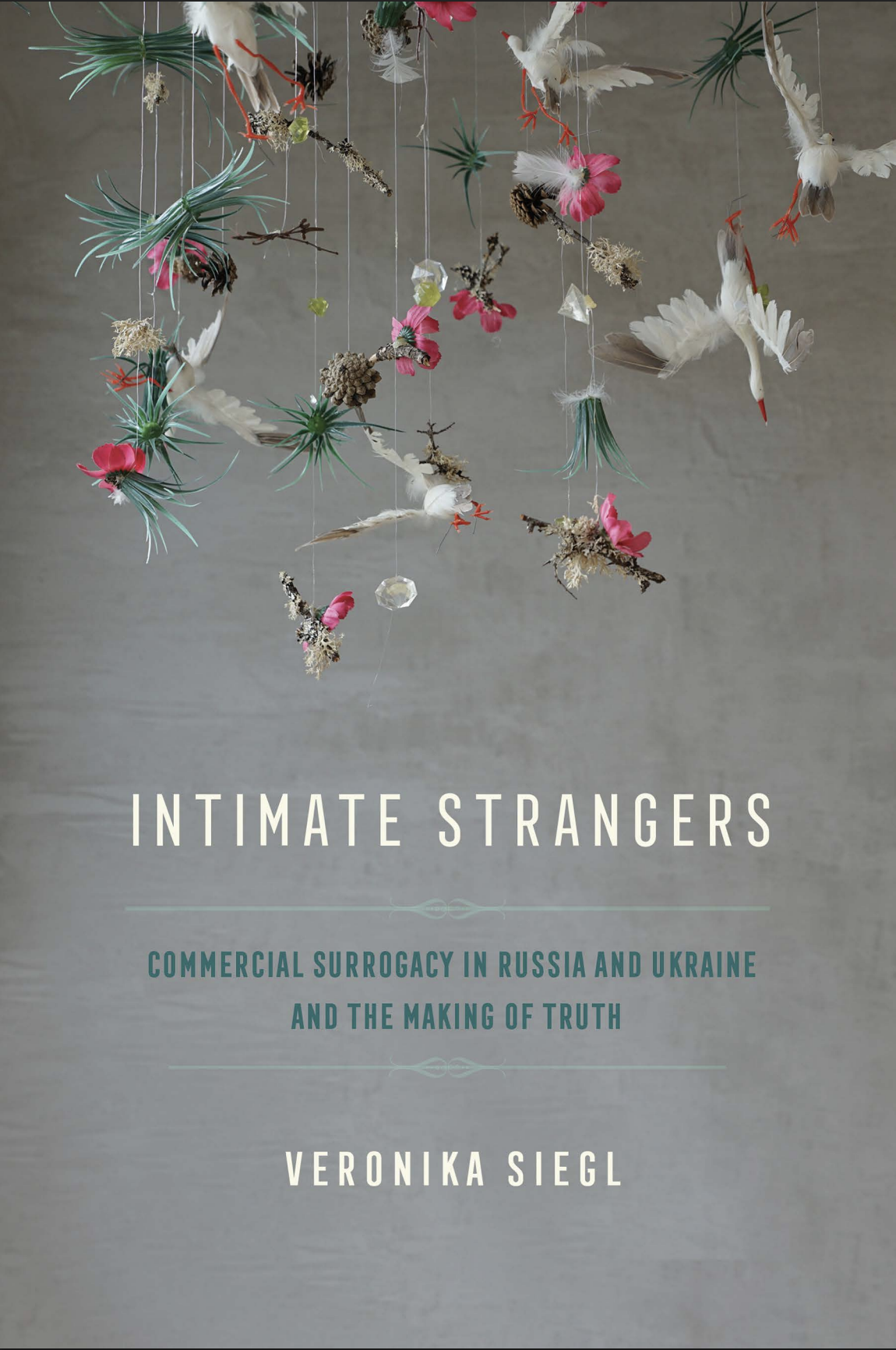CFP & FAQs FOR 2021
The American Ethnological Society (AES) announces a small grant competition for students who are in the first or second year of a PhD program in anthropology or allied fields. Projects that involve ethnographic field research and/or documentary research are eligible for consideration and may commence as early as June 2021. Due to COVID 19 disruptions, we are allowing research to continue through early 2022 if necessary. Exploratory research, that is part of a planned dissertation project, is encouraged.
Send all application materials by March 30, 2021, 5:00pm EST. Winners will be announced in mid-May.
Please read the instructions and FAQs below before making inquiries about the application process or submitting an application.
Proposal Writing Instructions:
(1) The proposal must outline the significance of the project, the main research questions, the methods used to analyze the questions, and the potential impact of the project.
(2) The proposal can be no more than two double-spaced pages in 12-point font, with one-inch margins and numbered pages.
(3) The first page should have a title that fits in one line.
(4) The list of references cited may be single-spaced but not more than one page.
(5) Include a curriculum vitae of no more than one page.
(6) Submit a budget of up to $2,500, which must indicate if other funding has been obtained or is anticipated (one page maximum).
Submission Instructions:
Applicants must email all documents, except the letter of support, in a single Word (not pdf) file.
The submission email must:
(1) State in the subject line the “APPLICANT’S LAST NAME + AES Grants Competition”.
(2) Specify in the body of the email the title of the project. The title must be short.
(3) Include an attached proposal in Word (not pdf):
a. The filename for the Word document must be as follows: LASTNAME FIRST INITIAL AES GRANTS 2021.
b. The Word document must have page breaks after the end of each section.
The application should be sent to aesfieldresearchgrants@gmail.com. In addition to the above application, the applicant’s faculty advisor must send directly and separately a short letter certifying that the applicant is in the first or second year of their PhD program and that the project meets with the advisor’s approval. The advisor’s letter should be sent to aesfieldresearchgrants@gmail.com. The subject line for the letter of support must include: Applicant’s last name + Faculty Member’s last name and Letter.
Post-Fieldwork Documentation and Presentation (Optional): Grantees are encouraged to write a short reflective essay on the fieldwork or project findings to be considered for publication on the AES website. An additional $500 will be available to grantees who present their work at the 2022 AES annual meeting.
AES strongly encourages applications from graduate students from historically under-represented groups.
FAQs
I’ve never written a research proposal before. Can you provide any guidance?
One of the best short guides is On the Art of Writing Proposals by Adam Pzreworski and Frank Salomon. You may download it here. Another excellent short guide is Karen Kelsky’s “Foolproof Grant Template.”
Two double-spaced pages doesn’t seem like much for explaining a complex research project. What happens if I go a little bit over the limit?
AES runs this competition with a very small selection committee and no support staff. Last year we received almost 200 applications. We need to keep submissions concise. Any proposal that goes over the two-page limit or that otherwise fails to conform to the specifications above will not be considered. An advisor’s letter should be short and indicate clearly that the student is in the first or second year of their PhD studies at time of application.
If you have trouble fitting your proposal into two pages, we recommend that you study Revising Prose by Richard Lanham. A succinct summary of Lanham’s method is here. This will help you eliminate extra words and will likely improve your proposal. Do not include epigraphs, tables, maps, lengthy block quotations or other material that might be suitable for a longer text.
Do I have to be a citizen of the United States or matriculated in a U.S. university to apply for this grant?
No. Applicants may be citizens of any country or stateless persons. They must be studying in a graduate program, but this can be anywhere in the world.
I transferred to my current university after study in another PhD program. Does that disqualify me?
No. As long as you have first or second year PhD student status in your current university, you are eligible.
My advisor is very busy and/or traveling abroad. Is it okay if she/he submits the letter a few days or hours after the deadline?
No. The deadline is absolutely firm. Request a letter from your advisor well in advance of the deadline.
Will AES consider a grant application from someone who already has another small grant?
Our preference is to use the AES grants as seed money for graduate student researchers who do not have other funding for their projects. In exceptional cases, where a project has a high budget and a suitable justification for it, we will consider applicants who already have one other small grant from their universities or another source.
My project is ethnographic, but I am in cultural studies, sociology or other doctoral program. Will AES consider my application?
If the project addresses questions of interest to anthropologists and employs ethnographic and related methods, AES may consider your application.
My advisor is on the AES board and may be on the selection committee. Does this give me an edge in the competition?
No. Selection committee members are conscientious about recusing themselves from consideration of proposals that might raise conflict of interest issues for them.



